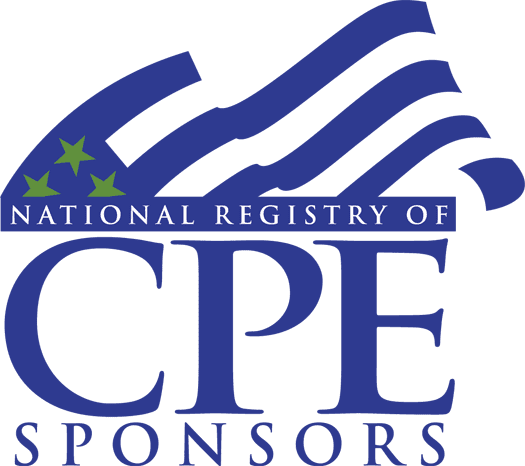– Sundar Pichai, CEO of Alphabet Inc.
AI’s potential to revolutionize business operations, enhance consumer wellbeing, and foster societal benefits is unparalleled. However, unlocking these advantages hinges on our ability to adeptly manage and mitigate associated risks like comprising sensitive data, biased outputs, irresponsible deployment, to name just a few. Are you prepared to navigate this new era?
Leverage insights from experienced executives and subject matter experts to gain a deeper understanding of:

Principal Architect of Responsible AI & Tech, Salesforce

Partner, Freshfields; Former Deputy General Counsel, Operations, National Security Agency

Board Member, Soteria Intelligence; Former Board Member, acuteIQ, Ventra Systems, Checkd.in and Crimson Consulting Group

Partner, Freshfields; Former Chief of the Complex Frauds and Cybercrime Unit, United States Attorney’s Office for the Southern District of New York

Board Member, Hitachi Ltd. and Humanetics Group; Former Global CIO, Siemens
For many board members, AI is a new topic outside their experience and comfort zone. But, the risks of not using AI are as great as full-scale adoption – making AI a strategic issue for boards. According to McKinsey, by 2026, AI is estimated to be $407B in market value and the industry is expected to grow by 13 times in the next 7 years, adding $2.6 – $4.4T to the yearly economy.
We’ll open our program with a big picture overview of the possibilities for AI to augment human capabilities. In order to think about the risks, you first need to understand the capabilities. We’ll address the strategic integration of AI in business decision-making. This will include a deep dive into how AI is not just a technological upgrade but a catalyst for business model transformation. We’ll examine how AI can optimize supply chains, personalize marketing, and improve financial forecasting, thereby creating new value streams.
Is your AI hallucinating? (And how would you know?) Does your tech team have the right auditing systems in place to insure against systemic AI failures? Or the ability to take it offline quickly if it does fail? Do they have the required legal rights to the training data they use? Does your board know where AI is being used in the organization and who owns it? Do you have company policies on employee use of AI? Are you sure your hiring practices using AI are not discriminatory? As your company leverages data and artificial intelligence to create scalable solutions are you also exacerbating your reputational, regulatory, and legal risks?
This session will help your board ensure you ask the right questions to uphold ethical standards for AI solutions that foster the trust of your clients, employees, investors and regulators.
If cybersecurity governance wasn’t difficult enough already, the AI revolution is opening entirely new battlefronts and challenges nearly every day. Look no further than warnings from the FBI, NSA and CISA. From the use of deep fakes to access financial accounts to the manipulation of data and physical assets, your ERM strategies must consider AI system risks in surrounding business processes.
This session will look at AI through the lens of cybersecurity—both as a potential asset in strengthening your cybersecurity efforts and as a liability in creating new cybersecurity risks, and help you stay up to speed about where the state of the art is now, and where it is going.
After walking through the guardrails and regulatory considerations for implementing AI responsibly, we’ll circle back around to AI as a strategic priority for creating competitive advantage. A panel of seasoned board members will provide firsthand examples of effective board-level AI governance practices to ensure that AI is reflected in business strategy. They’ll share tips to develop your board’s AI competency and leave you with a list of questions to guide your boardroom conversations with your management team on business strategy and business model changes related to AI.
Participants will divide into small groups for 2-way conversations with one another, facilitated by subject matter experts, to discuss key takeaways from the day and share thoughts on important board questions such as:


Since 2008, the American College of Corporate Directors credentials have represented the “Gold standard” in corporate director education, and those executives who earn them are highly valued in the board community. To earn American College of Corporate Directors Professional Director status, a director must accumulate a set number of credits.
Participants will earn up to 5 credits for participation in the AI Unleashed online event. You must participate in all general sessions and both peer groups to get full credit.

Participants will earn 3.0 CPE credits for the AI Unleashed event; Field of Study: Business Management & Organization; Prerequisites: None; Advance Preparation: None
Chief Executive Group, parent to Corporate Board Member, is registered with the National Association of State Boards of Accountancy (NASBA) as a sponsor of continuing professional education on the National Registry of CPE Sponsors. State boards of accountancy have final authority on the acceptance of individual courses for CPE credit. Complaints regarding registered sponsors may be submitted to the National Registry of CPE Sponsors through its web site: www.nasbaregistry.org.